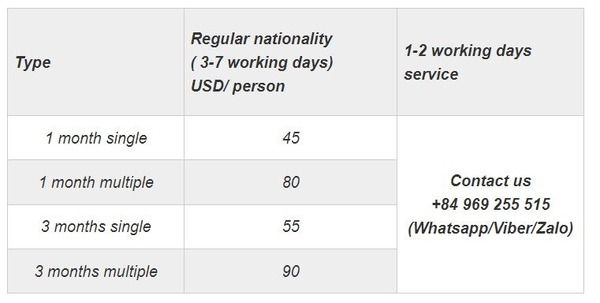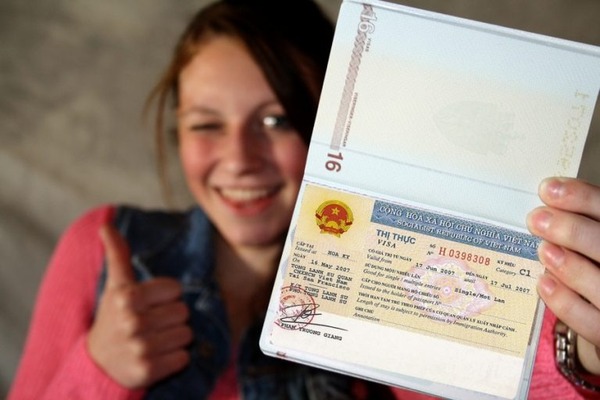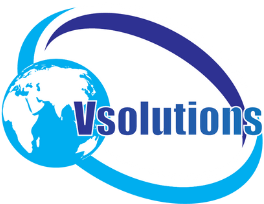Vietnam Visa Charges Explained with Urgent Options
Views: 176
Traveling to Vietnam has become increasingly popular for tourists, business professionals, and expatriates worldwide. One of the most important aspects of planning a trip to Vietnam is understanding the Vietnam visa charges. Fees vary depending on the type of visa, length of stay, and method of application. Having a clear idea of the costs involved will help you budget your trip properly and avoid unexpected expenses.
This comprehensive guide will break down Vietnam visa fees, explain how they are calculated, and provide useful tips for saving time and money.

Why You Need to Understand Vietnam Visa Charges
Visa fees are not just random costs; they are structured based on government regulations and administrative processes. For most travelers, especially first-time visitors, confusion often arises when comparing e-visas, visa on arrival, and embassy visas.
By knowing exactly how Vietnam visa charges are calculated, you can:
- Plan your travel budget more effectively.
- Choose the most cost-efficient visa option for your needs.
- Avoid unnecessary service fees or last-minute rush charges.
Types of Vietnam Visas and Their Charges
The cost of a Vietnam visa depends heavily on the type of visa you apply for. Each option comes with its own structure of government fees and service fees.
1. Vietnam E-visa
The e-visa is the most convenient option for tourists and business travelers. It is valid for up to 90 days and can be single or multiple entry.
- Fee range: Around USD 25 for single-entry and USD 50 for multiple-entry.
2. Visa on Arrival (VOA)
This option requires an approval letter before you travel and a stamping fee when you land in Vietnam.
- Approval letter fee: Varies depending on the agency (USD 15–25).
- Stamping fee at the airport: USD 25 for single-entry, USD 50 for multiple-entry.
3. Embassy or Consulate Visa
Applying directly through a Vietnamese embassy can sometimes be more expensive but is considered safer for those who prefer traditional methods.
- Fee range: USD 50–120 depending on visa type and duration.
By comparing these options, travelers can choose the most suitable visa based on their purpose and length of stay.

Additional Costs Beyond Government Fees
While government fees are fixed, many travelers end up paying more due to additional services. It is important to understand these costs in order to make informed decisions.
Some common extra charges include:
- Service fees charged by agencies handling your visa application.
- Express processing fees for travelers who require approval faster.
- Document translation or notarization fees if required.
- Courier fees when submitting or receiving documents through embassies.
These extra charges can quickly increase the total cost of obtaining a visa if not carefully considered.
Urgent Visa to Vietnam: What You Should Know
Not all travelers have the luxury of waiting several days for visa approval. Business trips, emergencies, or unexpected travel needs often require an urgent visa to Vietnam.
In such cases, specialized agencies can provide expedited services. Depending on the urgency, you can choose:
- 4–8 hours processing for same-day travel needs.
- 1 working day approval for short-notice business or family visits.
- 2–3 working days expedited service for faster-than-standard processing.
While urgent visas come with higher service charges, they can save you from missing important flights or events. Professional providers such as Entry Vietnam Visa are experienced in handling these urgent cases and ensuring smooth approval.
Rush Vietnam Visa Services
For travelers who are already at the airport or about to depart, a rush Vietnam visa is the quickest option. This service is specifically designed for emergencies, where approval must be granted within hours.
Although more expensive than standard processing, it offers peace of mind and ensures that you can board your flight without delay. The cost varies depending on the urgency, but it is often worth it when compared to the financial and emotional stress of canceled plans.

Factors That Influence Vietnam Visa Charges
Visa costs are not always straightforward. A few factors can affect how much you end up paying.
Key factors include:
- Visa type: Single-entry vs. multiple-entry.
- Duration of stay: Short-term vs. long-term visas.
- Nationality of applicant: Some nationalities may have different fees.
- Method of application: E-visa, VOA, or embassy application.
- Urgency: Standard vs. expedited processing
By evaluating these factors in advance, travelers can make cost-effective choices and avoid unnecessary expenses.
Vietnam Visa Charges Compared with Other Countries
Compared to many other countries, Vietnam offers relatively affordable visa options. For instance, the e-visa fees are much lower than those charged by other Southeast Asian destinations. This affordability has helped make Vietnam one of the most attractive travel hubs in the region.
However, when using fast-track services like the rush Vietnam visa, charges can quickly increase. Therefore, it is always recommended to plan ahead whenever possible.
Tips to Save Money on Vietnam Visa Costs
Travelers often ask how they can reduce visa expenses without risking delays. While some fees are unavoidable, smart planning can help minimize costs.
Here are some practical tips:
- Apply early to avoid paying for expedited services.
- Choose an e-visa if eligible, as it is the most budget-friendly option.
- Work with trusted agencies to avoid hidden fees.
- Double-check your application to prevent rejection and re-application charges.
- Compare embassy fees in different locations, as they may vary slightly.
By following these strategies, you can keep your visa costs under control and still enjoy a smooth travel experience.
FAQs About Vietnam Visa Charges
Travelers often have similar questions when it comes to visa costs. Below are some clear answers to the most common ones:
- How much does a Vietnam e-visa cost?
It usually costs USD 25 for single-entry and USD 50 for multiple-entry.
- Are service fees included in government fees?
No, agency service fees are separate from official government fees.
- Can I get a refund if my visa is denied?
Government fees are non-refundable, but some agencies may refund service fees.
- How much more does an urgent visa cost?
The extra cost varies but is often USD 30–100 depending on processing time.
- Who can help with urgent visa services?
Entry Vietnam Visa is a trusted provider for urgent and rush visa applications.
Understanding Vietnam visa charges is essential for smooth and cost-effective travel planning. While standard fees for e-visas and visas on arrival are relatively affordable, additional service charges can add up quickly. For those who need immediate entry, options such as an urgent visa to Vietnam or a rush Vietnam visa ensure fast approval, though at higher costs.
To avoid unnecessary expenses and delays, travelers should plan ahead, choose the right visa type, and work with reliable service providers. With expert assistance from agencies like Entry Vietnam Visa, you can secure both standard and urgent visas with confidence, ensuring your trip to Vietnam is hassle-free.




